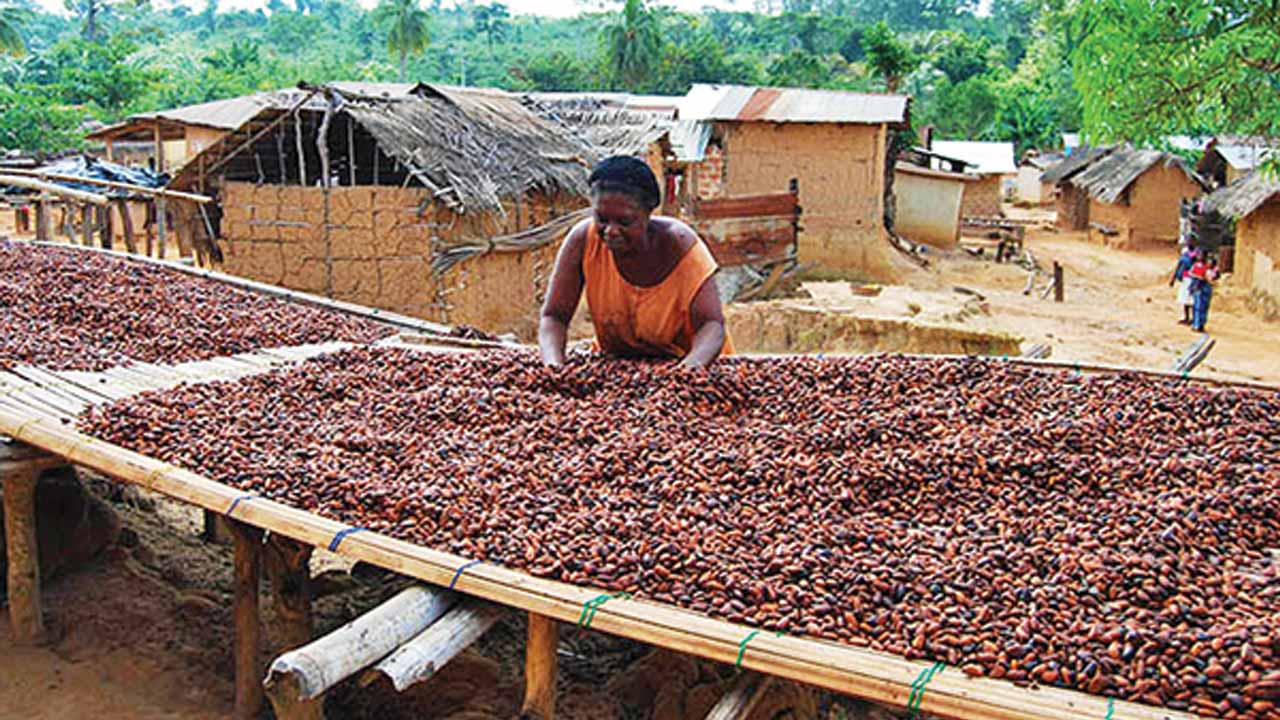
Towards achieving the European Union Deforestation Regulation (EUDR) Compliance and cocoa value chain sustainability, stakeholders have unanimously agreed that government’s political will is crucial to achieving this.
Rising from the third National Cocoa Festival, with the theme, Calabar 2024, which focused on the roles of the National Cocoa Management Committee (NCMC) and others in mobilising stakeholders into EUDR compliance, organised by the Cocoa Farmers Association of Nigeria (CFAN) and Cocoa Roundtable Initiative (CORI), the stakeholders lamented that the industry, a significant contributor to the national economy, faces critical challenges in complying with the regulations. The two-day event, held in Calabar, Cross River State.
One of the objectives, which brought together over 300 participants – both local and international was to provide a comprehensive overview of the EUDR and its implications on Nigeria’s cocoa industry.
Other objectives include developing strategies for mapping of land under cocoa cultivation to establish traceability, monitoring deforestation and encourage sustainable practices in cocoa supply chains to achieve total due diligence in the sector; to foster partnerships among stakeholders to support deforestation-free cocoa production and protect our ecosystem; to explore innovative technologies and practices for youth entrepreneurship in cocoa production, processing and value addition; and to clarify roles/responsibilities of NCMC, government agencies, cocoa farmers, buyers, processors, exporters and other stakeholders.
The forum identified low local consumption of cocoa products; lack of accurate data on cocoa production and value chain; knowledge gap about EUDR and other relevant regulations among farmers and stakeholders; soil degradation, pests and diseases, post harvesting processing infrastructures, access to low digit financing; and wrong use and proliferation of adulterated agrochemicals, as some of the challenges facing the sector.
They also identify lack of access to cocoa policy document; outdated forest cover and land use maps; poor land tenure system; little or no collaboration among industry players on data sharing; low adoption rate of traceability system and practices; outdated farming practices and limited access to quality inputs; increased impact of climate change on production and poor adoption of mitigation techniques on farms; and insufficient investment and poor adoption rate of agricultural technology and innovation as other pressing challenges.
To address these challenges and leverage opportunities for growth, the participants, through a communiqué issued at the end of the festival, recommended that all stakeholders should shift focus to local processing and consumption of cocoa products; government and NCMC should take the lead in updating and harmonising available data on cocoa value chain; and that sensitisations and awareness campaign should be carried out for stakeholders in cocoa value chain on EUDR and other relevant regulations.
“Farmers should key into the available sustainability initiatives around them and adopt best agronomic practices; government, NCMC, National Task Force (NTF) and other stakeholders should intensify effort to flush out adulterated agrochemicals from the industry; more efforts should be put on building farmers capacity on safe and responsible handling of agrochemicals and diversification for sustainability.
“NCMC should ensure the completion and publication of the national cocoa policy; government, NCMC and NTF should ensure the updating of the forest cover and land use maps in all cocoa producing states; there must be review of existing land tenure system by the government; stakeholders need to develop an effective mechanism for collaboration and feedback collection from the industry players.
“Government should initiate a national traceability system in collaboration with development partners and industry experts; government should improve support to research institutes to increase adoption of Climate Smart Agricultural practices by farmers; government should introduce policy on agroforestry practices in cocoa farming.”
They also appealed to government to ensure an enabling environment for private sector and youth participation in cocoa value chain for sustainability; improved effort on infrastructure development in rural areas where cocoa is grown, need for policy interventions to stabilise naira and make it easier for farmers to access foreign exchange for essential imports.
“NCMC should collaborate and partner with leading countries in cocoa business, learn their strategies and work closely with them for sustainable growth of the industry. Government and MDAs should create platforms and attractive opportunities for youths to learn cocoa value chain businesses, such as making of soap, chocolates, and cocoa powder in collaboration with the Cocoa Research Institute of Nigeria, as this is crucial to ensuring sustainability of the industry.”
While expressing delight and appreciation to the leadership of CFAN and CORI for organising the important event, the forum, which described the festival as an eye-opener, unanimously agreed that the political will of government is a crucial factor to drive the implementations of the recommendations to achieve the desired outcomes.






